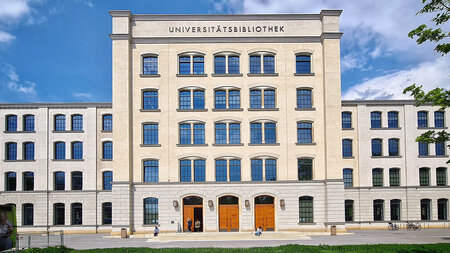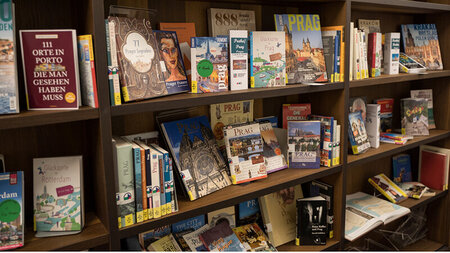|
|

English and American Studies

|
|

Chemnitz University of Technology receives a "StudyCheck Award 2024" and the "Top University 2024" certificate thanks to the very positive evaluations from its students and alumni Additionally, Chemnitz University of Technology is the top state university in the live "Digital Readiness" ranking …

Extended opening hours, opening on Sundays and additional reservable teamwork spaces in the University Library during the examination period from January 26 to March 8, 2025 …

Funding of the German Research Foundation (DFG) amounting around 439.000 Euro will enhance the Publication Fund of the University Library of Chemnitz University of Technology for supporting Open Access-publications in the years 2025-2027 …

University Library of Chemnitz University of Technology opens special collection comprising around 750 books regarding European Capitals of Culture since 2000 on January 17, 2025 Users are invited to contribute to the further decoration of the Capitals of Culture shelves …
The Chair of English Literatures invites everyone to read 3 Shakespeare plays on 3 different …
Take the first step at the SAXEED Idea-Universe. The startup event for …
The METECH Research Pitch offers an interdisciplinary platform where researchers at Chemnitz …
Together with the SIB and VKT GmbH, Chemnitz University of Technology will present the results of …
The next international AAE Summer School i.c.w. the ARTEM OCC will take place in March 2025 in …
The Institute of Materials Science and Engineering (IWW) cordially invites you to the 24th …